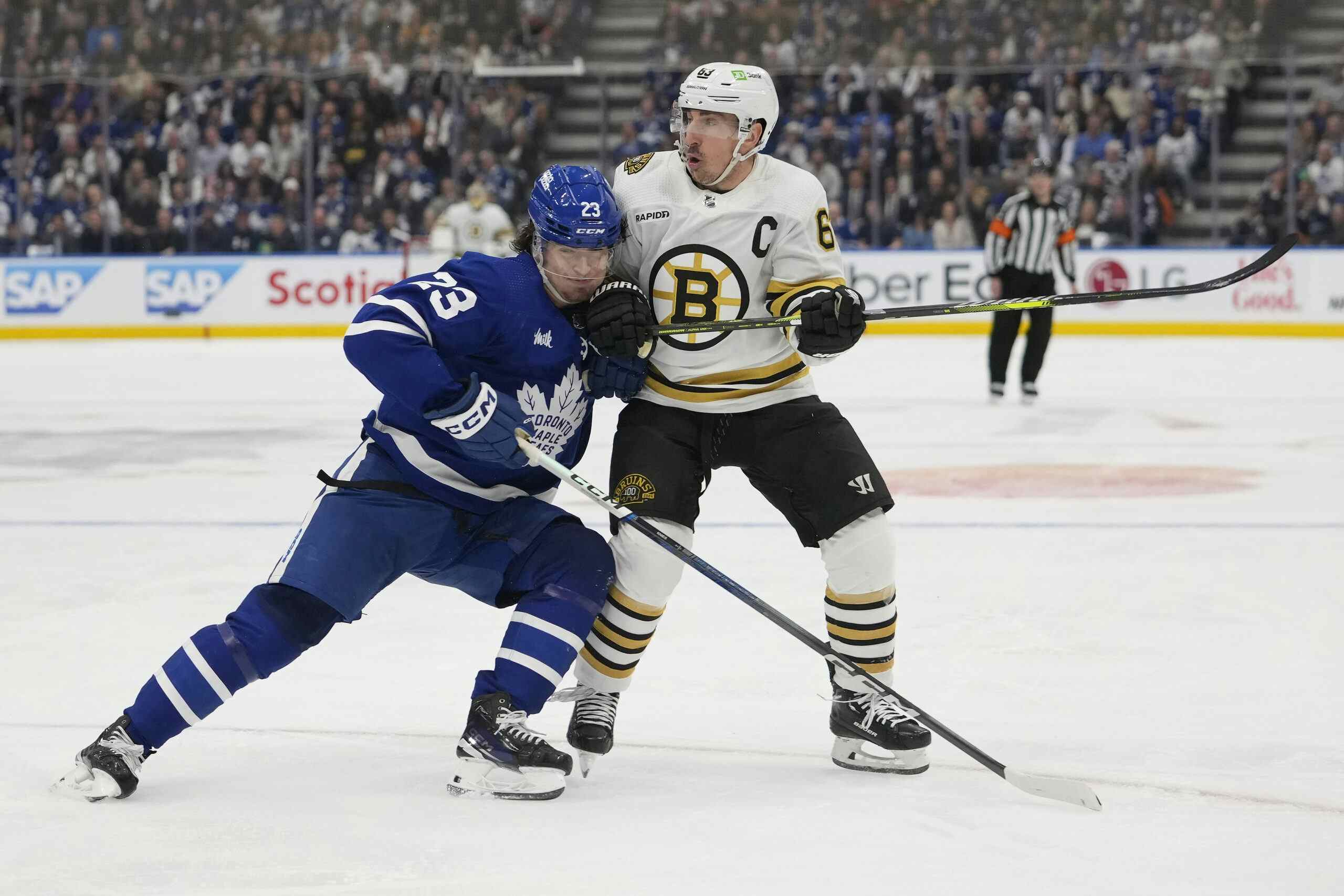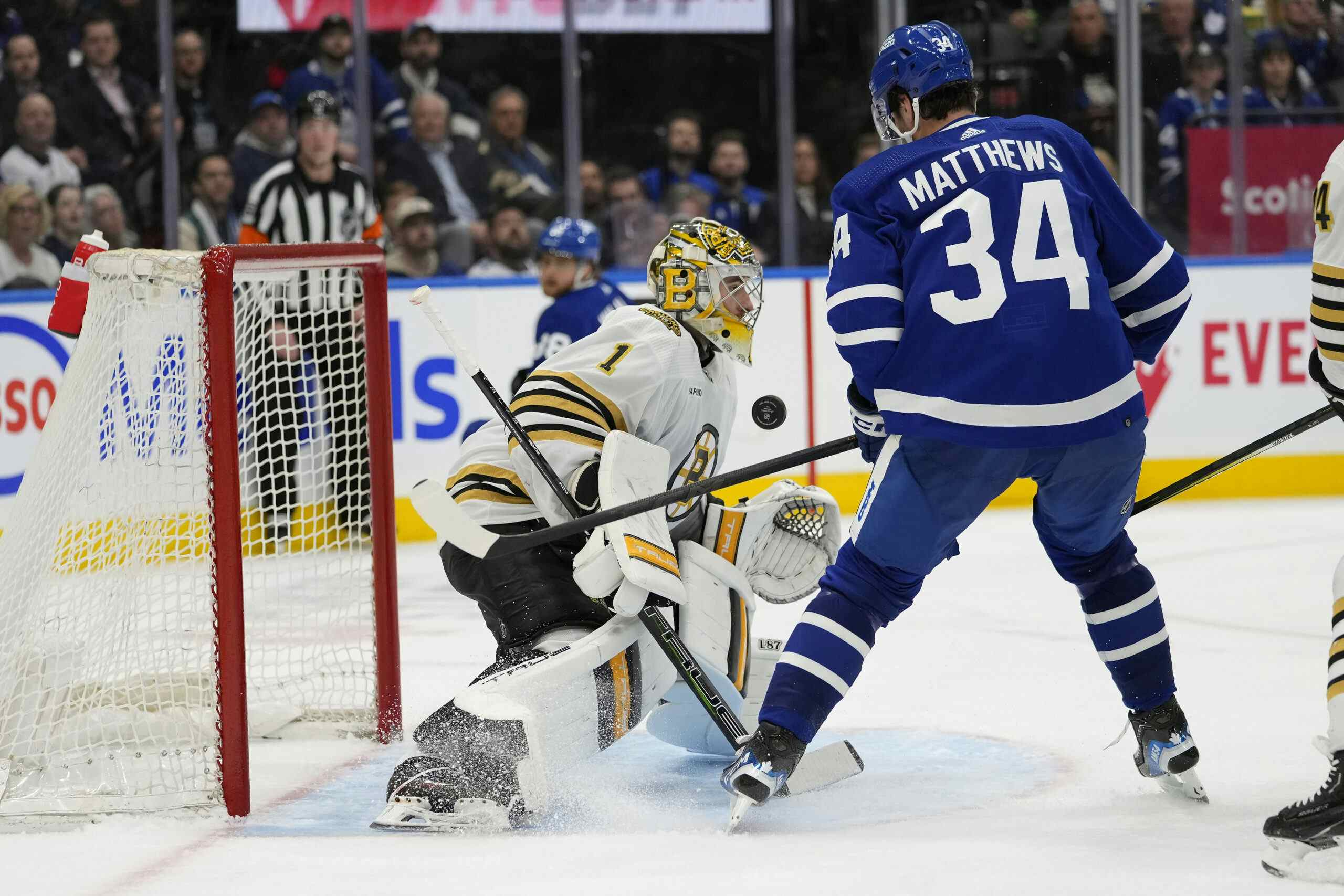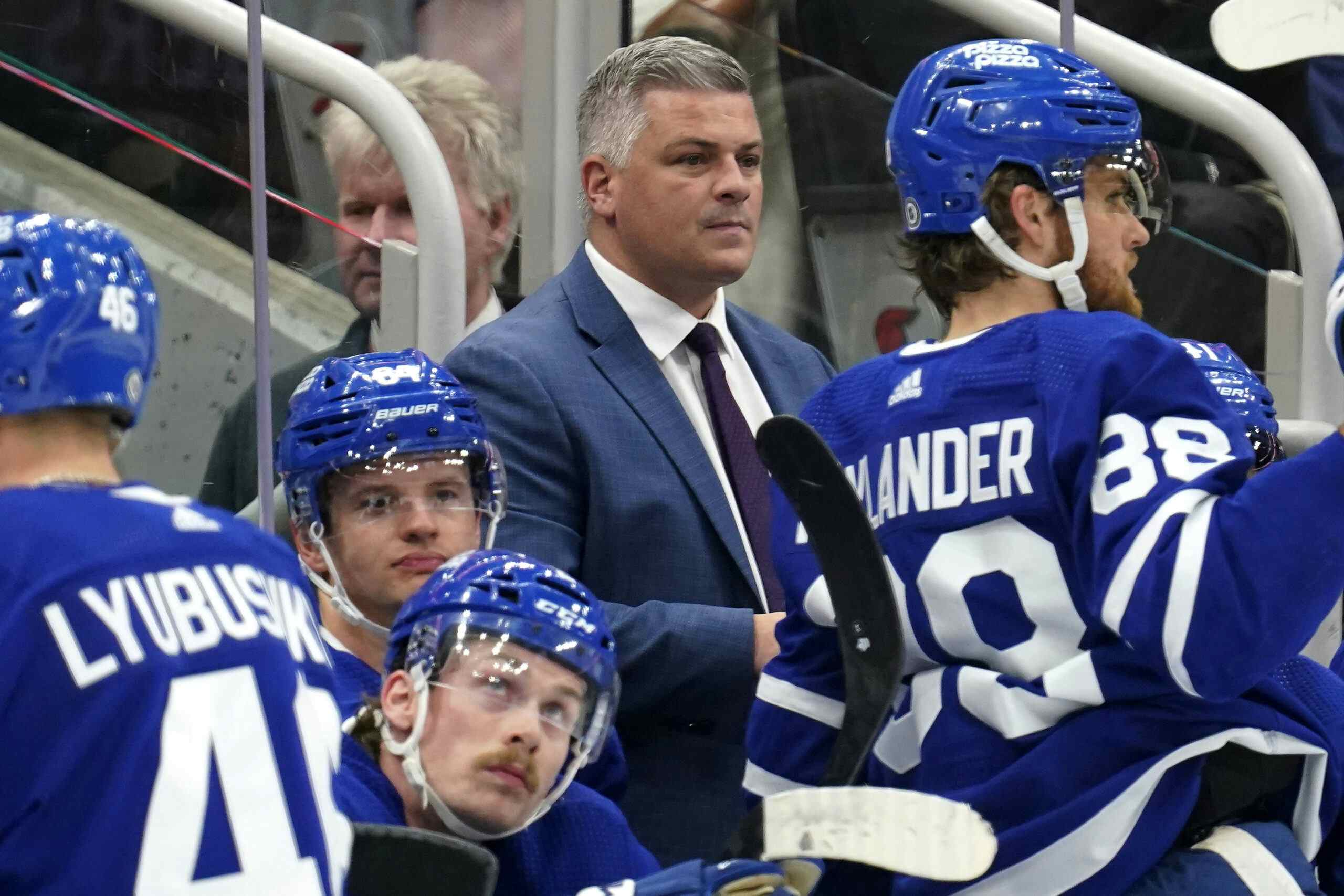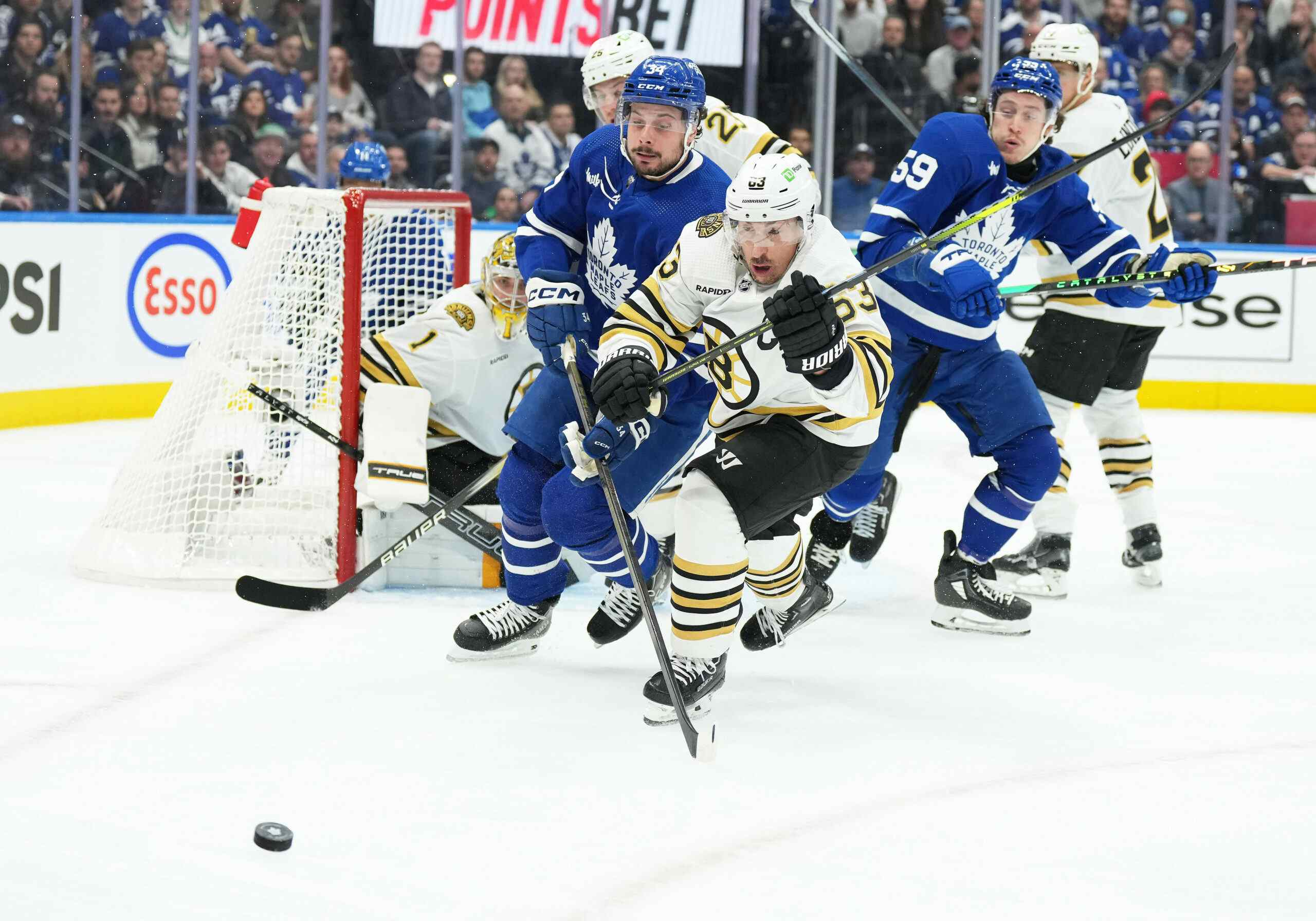Setting the winning standard
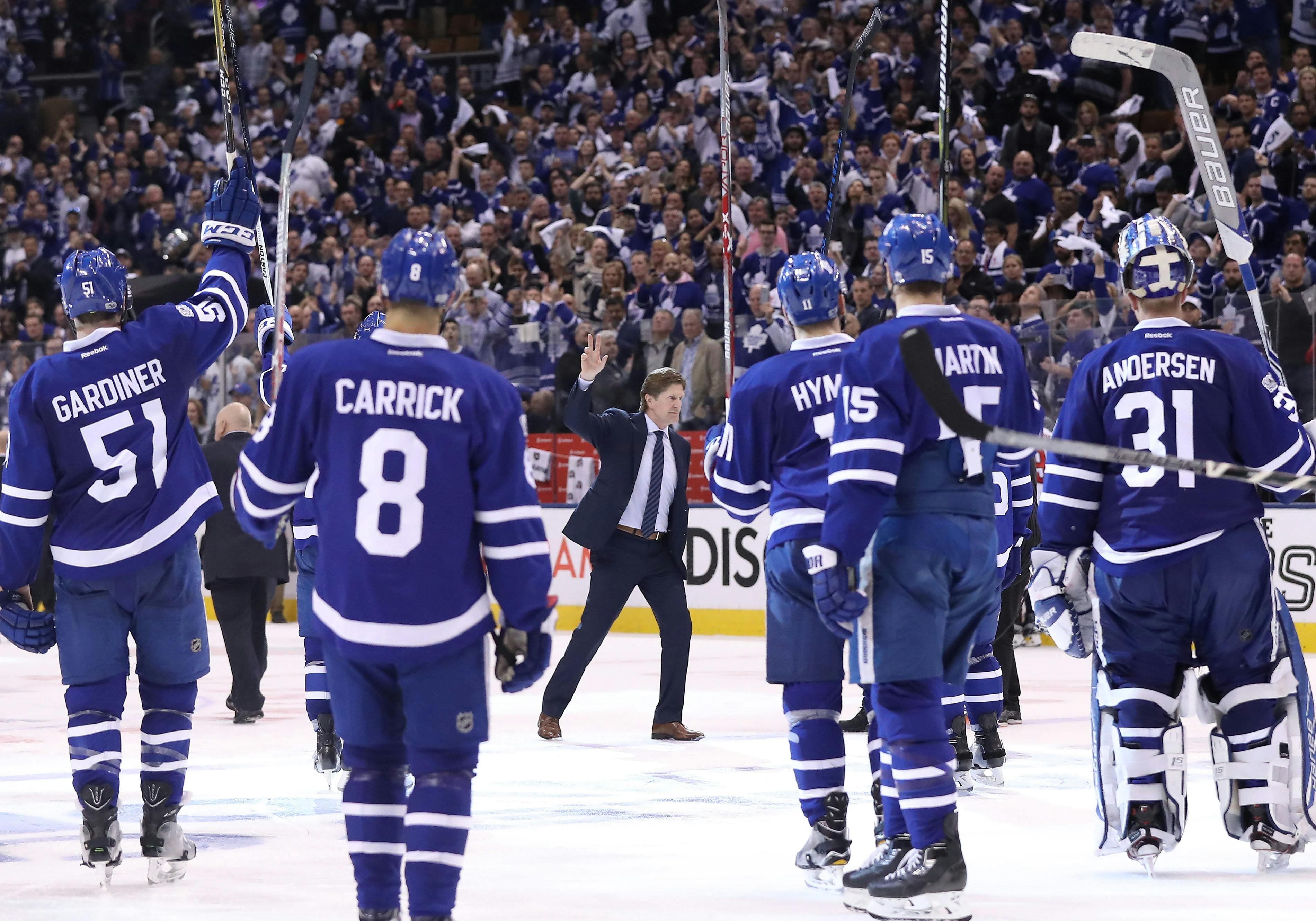
By Ryan Fancey
6 years agoWe probably don’t hear enough about ‘team culture’ when things are going well for a particular organization. That could be for a couple reasons: First off, teams that can win consistently would presumably want to keep some of the details of their methods and ideas under wraps, and secondly, it’s easier to grab headlines by instead pointing out the teams that have the wheels falling off in a toxic environment. Put simply, when shit goes bad, it’s dramatic and we’re more likely to know about it.
But what about teams in transition? How does one overhaul the culture of an organization that’s lost its way? Here’s a quick example, from NBA writer Zach Lowe on the situation Steve Kerr had to go into with the Golden State Warriors (you may have heard of them) upon his hiring in 2014:
Kerr overhauled a team culture that had grown poisonous, for well-documented reasons, under (Mark) Jackson and his assistants. In his zeal to motivate players, Jackson fostered resentment among them and toward the front office. He fired two assistants, requested Jerry West stay away from practices, and asked a younger front-office official to stop rebounding for players, sources have said.When (Festus) Ezeli was injured last season, Jackson and his staff told the healthy players that Ezeli was cheering against them — so that he would look good, according to several team sources. Players confronted Ezeli in a meeting, and he wept at the accusation — which he denied.
If you’re not too familiar with some of those names, that’s fine. The point is the smartest coaches have better ways to motivate players and create a place where they want to play. If you’ve ever heard Kerr in interviews or whatnot, he constantly talks about his team being fun and exciting to be around day-in and day-out, while also remaining focused and holding an expectation of winning. Practice is apparently a good time in Golden State.
But it isn’t just the coach. Someone like Kerr needs the backing of a smart front office.
I don’t think it’s controversial to say a similar type of overhaul was needed in Toronto with the Leafs ahead of the Shanahan era. It’s why the shake-up of the old core – Carlyle, Kessel, Lupul, and Phaneuf – was relatively quick to come about after his hiring. How those players or staff themselves were contributing to this kind of poisonous environment likely varied, but it didn’t really matter, the easiest way to get things on track was to scorch the earth. Toronto did that for the most part.
Now the Leafs have, by all indications, turned the corner, but with such a young core they’re a team still in the transition of trying to build that winning culture for the long term. And they have, in Auston Matthews, a clear franchise player who, ideally, will be the primary figure in setting that kind of standard for the next decade-plus.
I might start to get a little quote-heavy from here on, but bear with me.
“Your best player has to set a tone of intolerance for anything that gets in the way of winning.” – Jeff Van Gundy
Babcock blatantly subscribes to this idea, and all indications point to him wanting Matthews to shoulder that task.
To go back in time a little, I’ve heard my share of stories about how Mats Sundin was such a legend in Toronto during his time there. I recall Kyle Wellwood, who played for four NHL teams over the course of eight seasons, said Sundin was hands-down the best teammate he’s ever had at any level and felt most others who played alongside #13 would say the same. He also alluded to him elevating the effort of the entire group through his work in practice; Wellwood actually had a fun anecdote on Real Good Show about how, upon his arrival in Vancouver, coaches for the Canucks had to tell Mats to dial things back because he shot the puck too hard in drills. [I don’t think he listened.]
The Leafs had been sorely missing someone like that for nearly a decade.
New voices
A lot of this ties into what Babcock is getting at when he says things like the following:
I think you have to learn to win these games over and over again. You just expect it. It doesnt matter if its back-to-back, it doesnt matter where you play, it doesnt matter who you play. You expect to win.”
And this is something that those who’ve come before this management regime have had major trouble with. You’ll recall when Brian Burke identified this and thought he could solve it.
“The absolute insistence on winning was not here…If you need to be a championship team, success has to be something that’s desirable and attainable at any price. I really believe when I got here that the team had blue and white disease.”
Unfortunately, by trading for and plugging secondary players into primary roles in the most vicious market in the league, Burke hadn’t found a cure before he was canned. The remnants of that carried over with Nonis, and manifested in jerseys and waffles on the ice, open resentment for fans through ‘SaluteGate’, behavioral mishaps (like one that led to Nazem Kadri being suspended by the team in 2015), and even a few blow-ups with portions of the media (who, we should note, were equally at fault). It was just a bad scene on the whole before the Babcock hiring in 2015.
Winning now
The tide has turned quickly, and that’s evidenced by the avalanche of hype hitting this team after this past season. But it isn’t just media.
Here’s Patrick Marleau from a few days ago, upon signing with the Leafs:
“That’s why I want to be part of this team. It’s that those kids – the team there, they want to be better. They’re striving to be better every day, and they eat and sleep hockey is what I’m told. And that’s what I love.”
No doubt a portion of that sounds cliche, but I do think it is a result of what the Leafs are building in terms of a culture, and that’s gaining recognition. Obviously Toronto is paying Marleau a nice chunk of change to come aboard, but to leave a franchise in sunny California after almost two decades to join the Leafs, there is more to it. It’s almost as shocking as the Babcock and Lamoriello hirings, I think.
People get on Toronto for being too overwhelming of a market, but the way the Leafs have approached the city with Babcock and these youngsters, they all give off this element of excitement for the game that’s been missing for a while. That’s infectious, and it sort of goes back to what we mentioned earlier with regards to Kerr and the Warriors.
This is real
Look, the idea of building a winning environment isn’t make-believe. There’s a reason the Red Wings stayed at such a high level for 20 years, or why the New England Patriots regularly trade late-round picks for reclamation projects and have them turn out. The same goes for Gregg Popovich and the San Antonio Spurs, who’ve been near the top of the NBA since 1998. It’s not enough to just get lucky and draft a great player. Would Tom Brady be as good as he is if he was drafted by the San Diego Chargers? Would Kawhi Leonard be as complete a player if he played for the Sacramento Kings?
Circling back to Matthews, we can expect that he, with the guidance of Babcock, will set the tone for the entire team, like Sundin did years ago, or Brady and Belichick do in Boston, or Pop has done in San Antonio. From there, the idea is for players to be able to strive to that standard, which will make things a lot easier when the Leafs get into the mode of cycling cheap free agents and graduated prospects into their lineup to support the main core. It’s crucial, really.
A player like Matthews could go out there and notch 30-40 goals a year on talent alone and that would be fine. It’s another thing to go beyond that and try to elevate everyone else. The Leafs are going to push him to do that second part, and I think he’s already in process of that – it’s why he’ll be the captain of this team.
Like other intangibles, I suppose we can’t measure any of this “good culture” stuff directly, but it’s obviously foolish to dismiss it. I mean, common sense tells you it’s better to go to a job you enjoy with people you want to work around, with clear and realistic expectations rather than, you know, the opposite of that.
And the easy rebuttal to this is “Well, of course the culture is good when teams are winning, because winning cures all”, the implication being that you can just mash some talented players together and it’ll work out. The flip-side would be that all losing teams must have a toxic culture.
But we know neither is true.
Let’s take the 2015-16 Leafs as an example. In Babcock’s first season behind the bench, the team finished dead last in the entire league, but I never once got an impression of a poisonous environment for the players involved. Toronto was over-matched every night but players understood the process that was underway, recognized management had set realistic expectations, and had things going on the proper track. They took steps to get better for the time when the future would be realized. That’s definitely part of the reason they quickly cruised past some teams in similar situations, and are already knocking at the door.
Recent articles from Ryan Fancey

